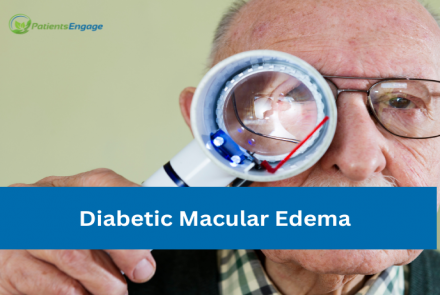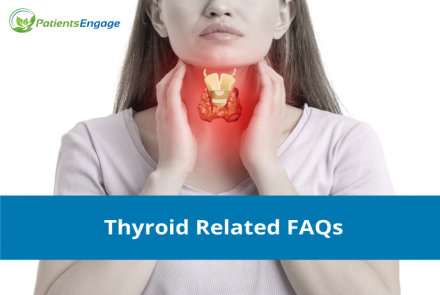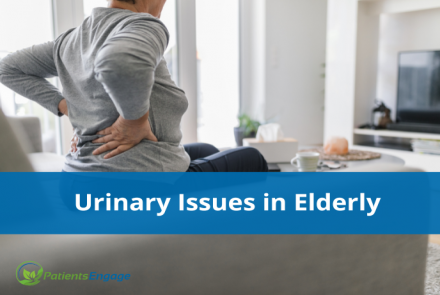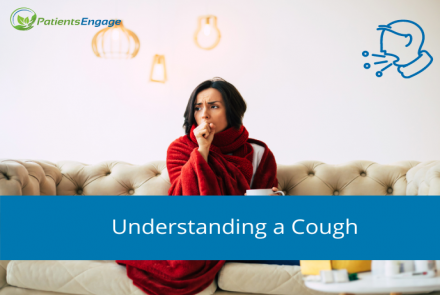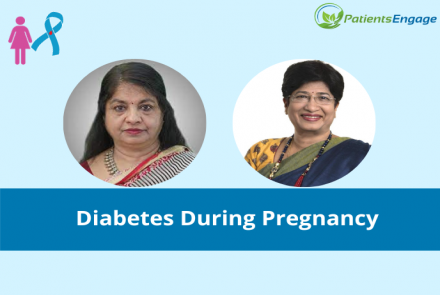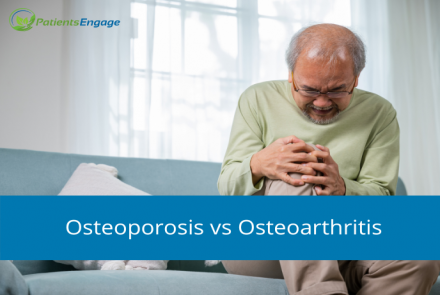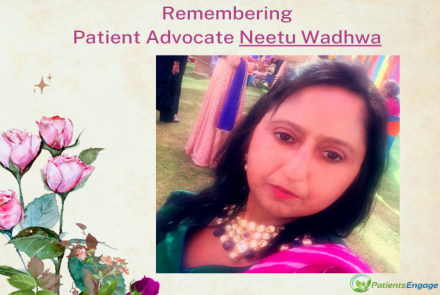Diabetic Macular Edema or DME is a growing concern in India especially because it is most prevalent in persons with Diabetes. Learn more about the causes, symptoms and treatment options available for DME. Dr. Padmaja Kumari Rani, Network Head, Tele-ophthalmology and vitreoretinal surgeon at L V Prasad Eye Institute provides valuable information on treatment and prevention of DME.
What is Diabetic Macular Edema?
Diabetic Macular Edema (DME) is a condition that affects the retina,…
Latest Stories
- The thyroid gland plays a crucial role in controlling vital functions. There are multiple thyroid disorders. PatientsEngage addresses some of common and frequently asked questions on thyroid related issues. The thyroid gland is one of the most essential glands in the body. It is fundamental to the functioning of several organs, such as the kidneys, liver, brain, heart, and even skin. The thyroid is a butterfly-shaped gland at the lower-front part of the neck, just below the Adam's apple. It is…
- Aging is the most common cause of urinary issues in older adults, apart from Urinary Tract Infection, Urinary Incontinence and Chronic Kidney Disease. Read on to find out what steps can be taken to prevent or delay these issues which have a significant impact on quality of life. Understanding Micturition (Urination) Lots of nerves innervate the bladder. The feeling of bladder fullness travels up the spinal cord to the Micturition Center in the brain, which stimulates micturition through…
- We have all had a cough in our life. While it is our body's natural reflex and a routine occurrence, a cough may signify more than a bodily function. It may be a powerful signal, an expression of our respiratory system trying to communicate with us. Whether the cough is fleeting, annoying, or persistent, it is a call for attention to the intricacies of our health. Through this article, we will decode everything about coughing and the significance it holds in the broader context of our health.…
- Dr. Tarakeswari S. (MD ObGyn, Senior Consultant & Head – Obstetric Medicine Unit at Fernandez Hospital), Dr. Usha Sriram (Endocrinologist, Founder of Diwas NGO) & Dr. Shital Patel (Lactation Counselor and Medical Advisor at PatientsEngage) help us understand Gestational diabetes and post-partum or post-delivery care for better management of consequences. As we all know Gestational diabetes or Diabetes during pregnancy needs to be diagnosed on time and careful monitoring is required…
- Diabetes is a growing concern in India, affecting younger people especially women during pregnancy. This article based on the webinar discussion with Dr. Usha Sriram (Endocrinologist, Founder of Diwas NGO) & Dr. Gita Arjun (Obgyn, Director, E V Kalyani Medical Foundation) helps us understand diabetes and its management during pregnancy. What is Gestational Diabetes? Any type of Diabetes first diagnosed during pregnancy is known as Gestational Diabetes. It can be of two types.…
- Many people often confuse osteoporosis with osteoarthritis, commonly known as arthritis. The terms may be used interchangeably quite often; however, they are not even distant cousins. Let us understand the differences and how each of these needs to be managed. Osteoporosis occurs when the bones in our body lose mineral density and become thin and brittle. They cannot bear normal weight and thus break easily. Osteoarthritis is a disease of wear and tear of not just the bone but the surrounding…
- Neetu Wadhwa, co-founder Scleroderma India, a patient advocate committed to improving lives of those affected by Scleroderma. As we relive the memories of our interactions with Neetu, let us resolve to continue to champion for the rights and wellbeing of patients and their families. Rashmi Bhasin, Trustee and Core Committee Member, Scleroderma India Today marks one year to the untimely passing of our dear NEETU. She was a Warrior in true sense. I always remember her smiling…
- Medical emergencies work on their own timeline. They do not discriminate and when the time comes, time is of essence. Here are the top 7 emergencies everyone should know about and what you should do immediately. HEART ATTACK One of the most life threatening and commonly encountered emergencies is heart attacks or in medical terms Myocardial Infarction (MI). Immediate action can change the outcome and save lives. What to expect: A heart attack occurs when the plaque mostly made of…

